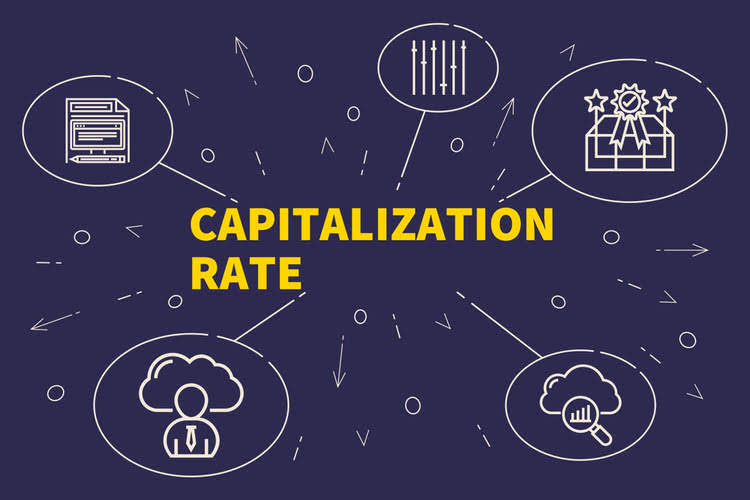
This type of accounting follows the International Financial Reporting Standards (IFRS) and helps businesses adhere to the laws and regulations of other countries. Management accounting helps make future projections and minimize risk by using pro forma financial statements, which use financial assumptions to measure and track financial information internally. When hiring accountants, employers typically prefer or require at least a bachelor’s degree in accounting. You will also need at least a bachelor’s degree to sit for the certification exams leading to CPA or CMA licensure. Like other tax professionals, tax consultants work with clients to make sure they follow regulations. They help companies and individuals maximize their deductions and properly file their taxes.
Does the Personal Accountant Need to Be Certified?
- Bookkeepers can manage many day-to-day financial tasks at a lower cost than accountants.
- Some potential challenges can include the financial cost of hiring an accountant, risks of miscommunication, potential over-dependency on external advice, and the rare risk of fraud or mismanagement.
- A personal accountant will ensure that your returns are filed on time and that you do not pay any more taxes than necessary.
- At Finance Strategists, we partner with financial experts to ensure the accuracy of our financial content.
If you face a challenge that’s not necessarily within their scope, a personal accountant can look for a qualified professional to help. Most of them have close connections with people in similar industries. Thus, if you need an insurer, banker, lawyer, money manager, investor etc., the first person what do personal accountants do to talk to should be your personal accountant. Finally, and perhaps most importantly, a personal accountant examines financial records for accuracy and legal compliance. If you fill out a form incorrectly, such as a tax form, the best case scenario is that you file an amended return with the IRS.
- They ensure the financial health and integrity of organizations, providing valuable insights and guidance to support informed decision-making.
- Hiring a personal accountant might be beneficial for those who need someone to not only handle their books and transactions, but also keep track of bills, checkbook balances, and credit card statements.
- That’s why many of them find themselves with huge debts to the state and the federal government.
- No matter the type of accounting your business uses or needs, all types provide accurate information and help businesses understand their finances.
- Note that financial accountants typically only deal with historical data.
Meet Top Certified Financial Advisors Near You
For individuals with complex financial situations, such as owning multiple properties or having substantial investments, hiring an accountant can be beneficial. If you fall within a certain income bracket or are a senior citizen, you may qualify for tax filing assistance. The Volunteer Income Tax Assistance (VITA) provides free tax preparation services to people who earn $64,000 or less per year. In addition, if you are age 60 or older, you may qualify for free tax preparation services through Tax Counseling for the Elderly (TCE) and the AARP Foundation’s Tax-Aide programs. Using AIS allows accountants to customize the platform to meet their needs and provide more accurate and secure financial information.

When You’re Planning for the Future
The problem is, most people don’t really have the time to thoroughly analyse their statements. If you have a problem that isn’t necessarily within their scope, a personal accountant can recommend a qualified professional to assist you. The majority of them have close relationships with people in similar industries. Thus, if you require the services of an insurer, banker, lawyer, money manager, investor, or other professional, the first person to contact should be your personal accountant. A public accountant performs accounting or auditing services for several employees, each of whom pays the accountant a fee for the services provided. He or she does more than just bookkeeping but does not always have all of the credentials of a certified public accountant.
Consequences of Making Poor Investment Decisions
Additionally, suppose you want to get serious about investing your money. In that case, thinking long-term and working with a financial advisor who can help you evaluate potential opportunities and manage your accounts wisely is helpful. In the end, whether you’re just starting to manage your money or have been doing it successfully for years, it takes diligence and commitment to stay on top of your finances. But by implementing these simple tips, you can rest easy knowing that you are in control of your financial future. Becoming an accountant typically requires a bachelor’s degree in accounting, finance, or a related field. A master’s degree may not be required but earning one can prove to be an advantage.

Tax Accounting Software
The hourly rate, which again depends on location, job description, and expertise, for a freelance accountant is about $35 per hour on average but can be considerably more, even up to $125 per hour. Potential drawbacks of hiring a personal accountant include cost implications, confidentiality concerns, and potential dependence on a single individual. It’s essential to weigh these against the benefits before making a decision. A good personal accountant must have attention to detail, adhere to ethical practices, and have knowledge of relevant accounting software and tools.
Which of these is most important for your financial advisor to have?
Tax preparers, on the other hand, are often non-licensed professionals who typically focus on preparing, filing, or assisting with general tax forms. In other words, a specific license is not needed to become a preparer. It should be noted that a few states may require a separate credential.
Example of Accounting
But as soon as someone strays from that professionally (has a bigger income, significant investments, multiple sources of income, businesses, etc.), they should hire a private accountant. At some point, you may have wondered what is a personal accountant and if you need one. Most people don’t really have the time to thoroughly analyze their financial statements. In most cases, accountants use generally accepted accounting principles (GAAP) when preparing financial statements in the U.S. GAAP is a set of standards and principles designed to improve the comparability and consistency of financial reporting across industries.

Still, to avoid messing up the potential audit, high earners need an independent representation with the IRS. Depending on the issue a person is struggling with, they can pick one of these three options. However, before that, they should make up their mind if they actually need a personal accountant or not. Do not forget to share it with someone that could be thinking of having his own personal accountant. More often than not, a personal accountant will operate behind the scenes.
A CPA career path offers many different avenues and destinations, with year-round work opportunities beyond tax season. Accounting involves recording financial information, preparing documents relating to finance, and analyzing financial records. Public accounting focuses on financial documents that clients must disclose to the public, such as tax documents. Accountants might work in an office, remotely, or a hybrid of the two.
